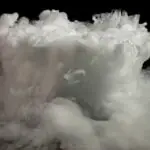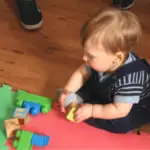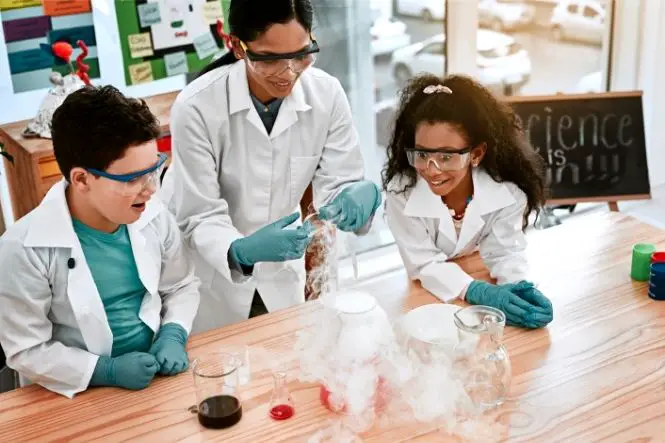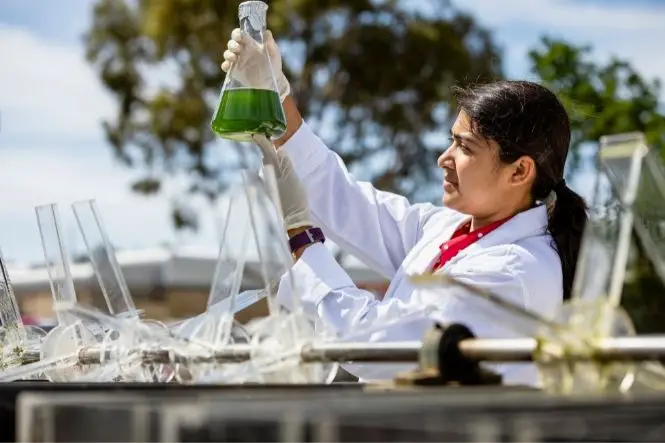Some children take to science likes ducks to water, but others seem to just decide that they ‘don’t like science’, which might be because they are scared off by the idea, don’t understand the concepts, or just because they can’t see why science is relevant.
Table of Contents
Make It Fun
Even when learning quite difficult scientific concepts, science can still be fun – it can be noisy, smelly, gross, sticky or bubbly, and some food-based science experiments can be eaten afterwards as well!
Make It Fast
While some science experiments can take a few hours or even a few days, some only take a few minutes and can be fitted in between other things.
Make It Relevant
Science is part of everything in the modern world, and children who are reluctant about science might be encouraged by seeing how relevant it is to their everyday lives. For example, experiments with yeast or with alkalis such as bicarbonate of soda are important in making food, and experiments with heat and cold relate to heating homes and schools. Forensic science TV programmes are very popular, so try linking science experiments such as extracting DNA with the use of DNA fingerprinting in investigating crime.
Make It Practical
Children are more likely to remember the science if they have actually done it ‘hands on’, and they are more likely to enjoy it too. Look around this site – all of these experiments are easy and use ingredients and equipment that are low-cost and can be found at home.
Keep It Simple
Some kids get scared off science because they think that it is all about big words and difficult ideas. Keeping the language simple wherever possible helps, but it is still important to introduce the proper scientific words to describe what is going on, especially if children want to study more science later on. Keeping lists of definitions can help children to remember the words and what they mean. Kids who aren’t interested in science might just be put off by the word ‘science’, and might enjoy it if they tried it – so try calling it ‘experimentation’, ‘exploration’, ‘discovery’ or ‘investigation’.
Make It Varied
Science isn’t just about one thing – because a child doesn’t like biology, he or she might like chemistry or physics. Maths and psychology are sciences too, and environmental science and meteorology are turning out to be increasingly more important (and exciting) as climate change becomes more of a global issue.
Science Isn’t Just Indoors
For the children who are more interested in being outside than in, science can be taken outdoors as well. Investigate animals and plants in the garden, playground and park, look at rivers and soil profiles, or make a weather station and track sunlight hours, rainfall and temperatures.
Science Isn’t Just About Science
Science can be a good jumping off point for discussions about other issues – the history of science and medicine, the ethics of scientific study, the philosophy of science, even politics and the funding of science, medicine and healthcare.






